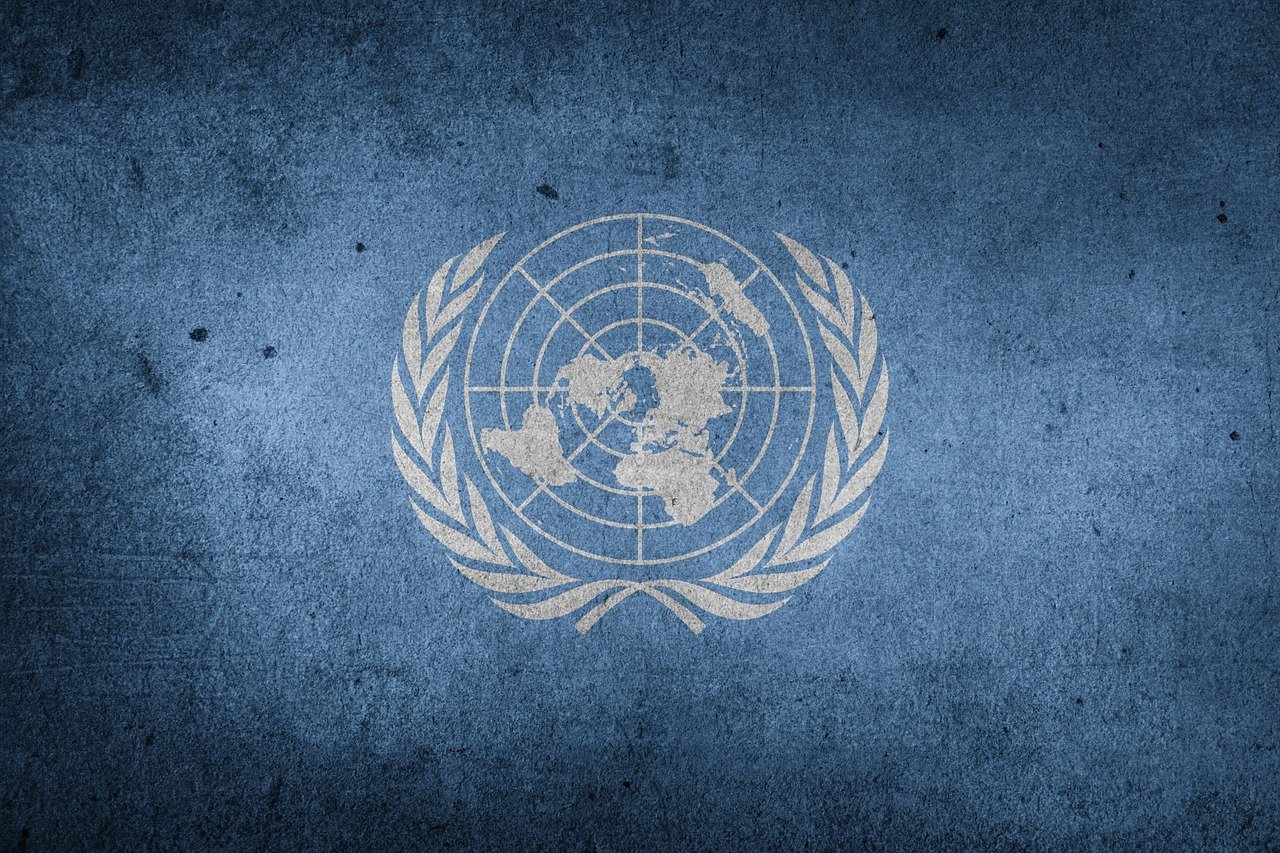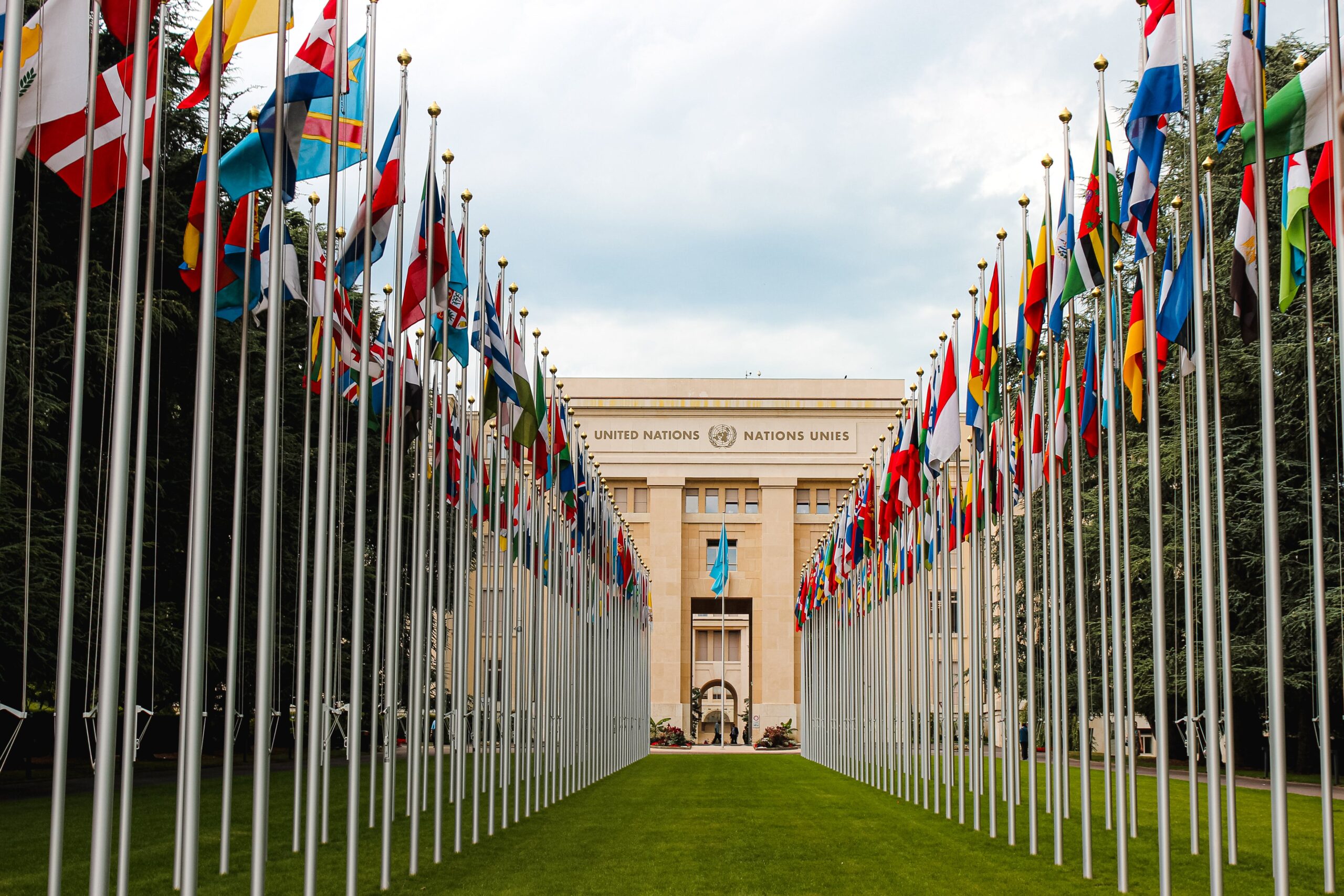By Panagiotis Moysoglou,
In all our ways of assessing fiction, whether that is in books or movies, especially in the realm of science fiction, there has always been a world governing body that ruled over plants or whole galaxies. It has almost become a staple of the genre, with each iteration either adding or removing a piece of the puzzle. For all this ‘world government’ idea is a puzzle, for the simple reason that there has never been a real-world counterpart. We have never come close to aching that which we see almost every day. The reasons spanning those kinds of decisions and organizations are too numerous and too complex for them to be easily untangled. Yet I ask you to join me in this two-part article where I will try to offer a small analysis of the ‘world government’ puzzle.
For part 1 I have chosen to focus on two practical examples in fiction and the only real-life world counterpart that exists as of the writing of this article. Those are none other than the governments of Star Trek and Star Wars with the United Nations serving as the contemporary anchor. In the second part, my goal would offer a small elaboration on the variety of thoughts and ideas for and against such an undertaking as the ‘World Government Idea’.
Fictional World Governments have always held a place in the science fiction worlds of the likes of Star Trek and Star Wars. In the case of the former, a ‘United Federation of Planets’(UFP) took the form of one international and interplanetary federation government. At the height of its power, it covered a good part of our Galaxy and had numerous member planets. All were in theory serving and protecting the UFP’s principles of peace, exploration, and science. The world of Star Trek serves as the ideal utopia for a world government that managed to survive all the hurdles of its creation and then solve humanity’s problems. The UFP exists in a place where the ‘equations’ of hunger, famine, war, and even corruption ‘rest’ are solved, even if they have puzzled our reality for thousands of years. In this world education, diplomacy, and merit take the place of inequalities, anger, racism, and war that might plague a smaller country or government. The will of humanity channeled the suffering of previous failures into an interplanetary government whose whole purpose was to serve, protect, and safeguard all the species of the Milky Way. It is safe to say that the success of the UFP is seen in the world of Star Trek. Yet, in the end, all those noble pursuits might be able to exist in this small fictional utopia.
Unfortunately, the numerous governments that rule in the Star Wars Galaxy are the stark contrast to a science fiction Utopia, for some the right definition would be fictional dystopias and authoritarian regimes. Those governments range from democratic to totalitarian, from national to international, and from planetary to interplanetary, and usually as is a reality here on Earth end in a circle of succession and failure of one another. Those types of governments and the way that they bring change to their galaxy can serve as a warning for the disadvantages and dangers that world governments can pose. It shows how quickly and mischievously dictatorships and censorships can rise and how the rule of law and justice can break down or serve the powerful. In a way, it shows how humanity might react in the face of a world government, either through submission and totalitarianism or through resistance and democratic rule. The galaxy of Star Wars, even if in the end it is a fictional idea, can warn humanity of the impending imperfections and flaws of a world-spanning government.

It might be prudent to talk about an international government and only give examples of fictional worlds. It is time then to analyze a bit the international organizations of our reality. The closest Earth has come to a world government is The United Nations. It is an organization that was founded at the end of the second World War 2 by the Allies with the idea and the purpose of leading humanity in a new era of peace. Right now, almost 80 years later, the UN is the biggest international organization with almost all the countries in the World as member states and countless sub-organizations. Yet it shows humanity the leaps it has achieved in the name of world peace and cooperation and the bounds it must overcome, in the name of a possible world government. The UN is one of the only organizations with an agenda and a charter for education, for children, for peace and war while at the same time, it oversees and watches over entire nations and populations. It is the UN personnel, either military or civilian, that serve in the most inhospitable places on earth in the name of humankind. On the other hand, it is a reminder of the dark face of humankind and the way it wraps up everything for its own goals and desires. The UN is characterized by bureaucracy, corruption, and a puppet of the Great Powers to name some of the reasons and criticisms of this great organization. Those problems stop the UN from operating at a passable capacity or at times can cripple the whole organization. Although the UN has its flaws and is by no means a perfect representation of either the good heart of humankind or a real and factional world government, it is nevertheless a step of guidance and direction towards the greater goal of an international government.
The first part of this small article can only serve as an example of either a fictional government from both the bad and good aspects of the world government’ coin or a small retrospect of this marathon of humankind towards international governance. There are still pieces of this puzzle yet to be put to their or the ones already there to be analyzed more. For the next part, there will be a ‘deep dive’ into the reasons why a government of internationals can exist, why that might be the case, and of course if it is at all possible. The puzzle, I hope, should be completed by the end of this two-part series.
References
-
History of the United Nations | United Nations. Available here




